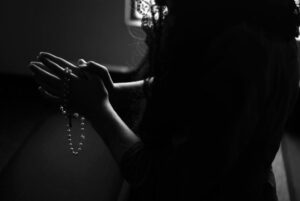Arleen Spenceley is a Roman Catholic Christian and author. Ave Maria Press released her book, Chastity is For Lovers: Single, Happy, and (Still) a Virgin, in the Fall of 2014.
She worked as a staff writer for the Tampa Bay Times for nine years and now writes freelance full-time, mostly for the Virginian-Pilot. She has a Bachelor’s degree in journalism and a Master’s degree in counseling, both from the University of South Florida. She lives in Hampton Roads, Virginia.
Here are some of her insights on family, prayer, living faith in the teens, marriage and dating.
What advice would you give to young Teens in the beginning stages of their faith journey?
Don’t forget that Christ is our friend. It is very helpful for me to look at Him in that light. I know how to be a friend; I have been a friend for a long-time to people. Framing it in that way has made prayer a little bit easier for me.
Prayer is challenging, but I think if we can look at Him as a friend, then we can find that desire to spend more time with Him. I mean, for example, if we stop talking to a friend, after a while we aren’t really friends anymore, right?
So with Christ, prayer is a big part of building and maintaining our friendship with Him. I have been thinking lately, what are the ways I can be a better friend to Jesus? Well, where can I find Him? I find Him at Mass, in adoration, at confession, in the Gospel, I find Him in all of these places. Meeting Him there is something we can all be doing to get closer to Christ.
What is the greatest struggle in living the Catholic Faith?
To me, one of the biggest pitfalls in our life of faith is sloth. I didn’t really even know what sloth was until I read Love and Responsibility by Saint John Paul II a couple of summers ago. He writes in the book, according to St. Thomas, “sloth is a sadness arising from the fact that the good is difficult.”
I think that is a young person’s greatest pitfall today. There are a lot of things that we are supposed to do as Catholics that are very difficult, like practicing chastity, not using contraceptives, etc; Deep down inside, many of us know what is good for us and we know what the right thing to do is, but we live in a culture that does not like to do hard things.
We live in a culture that doesn’t understand that hard doesn’t necessarily negate good. Hard is often very good for us. I think we can fall into these patterns of sloth where I know what the right thing to do is but it is so hard.
I relate it to the parable of the sower: he sows the seed among the thorns and the thorns choke the seed until can no longer bear fruit. So I often feel like sloth is like being among those thorns where you know at the start what is good and you have a desire for it but you are surrounded by so many things that are telling you it’s not good that you kind of forget. We often hear things like, “everyone is doing it;” that is a very modern form of sloth which is incredibly detrimental to our faith.
On Marriage and Dating
Marriage along with any other vocation, is designed for self-gift. In our culture, people are motivated to marry for selfish reasons and not to give of themselves, but marriage naturally destroys self-absorption and promotes self-gift. That is never going to work! I think if people believed marriage is what the Catholic Church teaches it is, fewer people would get married (and I think that isn’t necessarily a bad thing).
I think part of the problem is that Catholics don’t ask really big questions when they are dating. I feel like a lot of people think you meet a guy or a girl, there is some level of interest and attraction, you start to get to know one another, and immediately there is a feeling of an obligation to make this relationship work. The problem is, that isn’t the point of dating! The point isn’t to make a relationship work, it’s to discern marriage.
We have to ask questions people in our culture don’t ask. We can’t simply ask, is this person good-looking, do I feel warm and fuzzy when I am with them? Questions like that are superficial and they are not going to help you determine whether or not this is the person I should marry.
We have to ask questions like, does this person’s work ethic align with what it takes to be in a marriage? Would I be okay if I had kid who one day grew up and turned into this person? Ultimately what we do is meant to glorify God and we are not obligated to try and make a relationship work that isn’t supposed to work.
I think at the root of the problems we face in dating or marriage, and at the root of most, if not all, the biggest social problems in our culture, is the fact that people aren’t practicing chastity.
I think if people practiced chastity there wouldn’t be divorce, abortion, infidelity—none of these things would happen if people practiced chastity. The goal of chastity is love. If we were really loving, then these things wouldn’t happen.
On the Importance of Community
If you feel alone, find people who believe what you believe. We become like the people we surround ourselves with, whether we like it or not. We need to surround ourselves with people who understand whatever struggle we have and who are overcoming them everyday. It is very hard to live Christianity in this culture because we are going against the grain and it’s a lot easier to do that when you are not alone.
Secondly, when you’re seeking advice or need to vent, pick people based on their credentials. If you are struggling in a dating relationship, go to the people who have been happily married for twenty years. They know what they are doing! If we are really trying to get better at something, we need to go to people who are better at it than we are.
How did your family influence your faith?
“When my parents got married, my mom was Catholic and my dad was Jewish. When I was a kid, even though he was Jewish, my dad would always come to Mass with my mom, my brother and myself. When I was in fifth grade he decided to become Catholic, because, I mean, you can only go to Church every Sunday for so long before you realize that this is THE truth (Laughs). So he decided that he would go through RCIA at our church. As he was going through RCIA, my parents pulled me out of public school and put me into a private, Protestant school.
Up to that point, I didn’t know what a Protestant was; I just thought everyone was either Catholic or Jewish because that was my family. So I get to this Protestant school and within a couple of weeks, Catholicism came up. It turned out that my teacher was an ex-Catholic who had, let’s say, strong opinions about Catholicism.
I remember she was standing at the front of the room one day talking about how to get to heaven. She said it was a lot easier for Protestants to get to heaven than it is for a Catholic. For a fifth grader who didn’t really know what a Protestant was, I thought there was something really wrong about that statement.
I went home and asked my parents about what my teacher said and because my dad was going through RCIA, they had resources on hand like tapes from Scott Hahn and different books by various people popular in Catholic Apologetics at the time. Because of that, my parents were always available and able to discuss the faith with me. As my dad was going through RCIA and learning more about the Church, I was able to learn more through them.
What was your favorite family prayer?
I think the most important family prayer was going to Mass. I remember this one time when I was a kid, I was really young, and I said something to my mom like: “Summer is a vacation from school. Why isn’t it a vacation from church?” (Laughs) My mom wouldn’t have it! She said “Oh no…” and explained why we need to go to Church every Sunday. That got me into pattern of finding Mass to be a very important, necessary part of my life.





